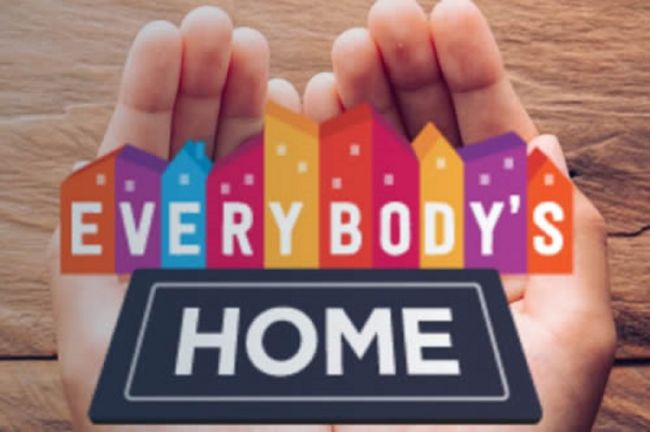Australia: Educators act against poverty and on mental health issues
Anti-Poverty Week is an annual Australian initiative, being held this year from 11-17 October. This year’s campaign will focus on ways to increase community understanding of poverty and collective measures to end it. The week is chosen to coincide with 17 October, the United Nations Day for the Eradication of Poverty.
Educational resources
Resources have been made available for teaching and learning on poverty issues, exacerbated during the COVID-19 pandemic. AEU has informed its affiliates about the impact on poverty of the virus.
These resources explore different socio-economic groups in Australia and how the effects vary by region. This knowledge can help students to understand how disadvantage can be avoided or resolved.
“The COVID-19 pandemic has dramatically affected people living in poverty across the country,” explained Anti-Poverty Week executive director Toni Wren.
774,000 children living in poverty
More than 13.6 per cent of Australians, or 3.24 million people, are living below the poverty line in 2020, according to a joint report by the Australian Council of Social Services and the University of New South Wales. This includes 774,000 children.
Australian National University researchers estimate that the federal government’s COVID-19 supplementary payments (JobSeeker and JobKeeper), introduced in July, temporarily reduced the number of people living in poverty to 2.6 million. However, numbers are expected to rise by one-third to reach 3.5 million people by the end of 2020.
“The supplement is protecting more than one in five of all Australian children living in families who were previously unemployed, under-employed, or have become unemployed since the COVID-19 pandemic struck,” Wren said. “Unemployment is also on the rise as a result of the COVID-19 shutdown, severely impacting those who were already out of work or who didn’t have enough work before the bushfires and pandemic hit.”
Involving schools
There are many ways students of all ages can participate in Anti-Poverty Week, even if they are learning at home. For example, students in southern New South Wales (NSW), the Australian Capital Territory, and Western Australia will also have the opportunity to use their writing skills in a Pens Against Poverty competition.
Looking at local poverty is a powerful way to connect students with the issues in their own community. For instance, students can explore the work of a local community group or welfare organisation and look at practical ways to alleviate poverty in their area.
Toll of COVID-19 and natural disasters on students’ mental health
Alongside poverty, mental health issues are becoming more prevalent among students in Australia. To mark World Mental Health Day on 10 October, the NSW Teachers’ Federation – an AEU affiliate – surveyed 5,346 teachers, principals, and school counsellors on the challenges facing students. Ninety-eight per cent of those surveyed said that students were increasingly suffering from mental health issues, including suicide, suicide attempts and self-harming.
Nine out of 10 teachers, principals, and school counsellors did not believe students had adequate access to trained mental health professionals. And 93 per cent of teachers said they wanted more training, so that they could better understand their students’ mental health.
The demand for school counsellors has never been greater, according to teachers, who cited recent bushfires, drought, and COVID-19 as seriously worsening students’ mental health.
“Our school counsellors are dedicated, committed professionals doing all they can,” said Angelo Gavrielatos, president of the NSW Teachers’ Federation. “Their case load is totally unrealistic, unmanageable, and unacceptable.”

[Wed, 14 Oct 2020 10:18:00 +0000] | DIGG THIS
Website Development and Design by Cyblance
